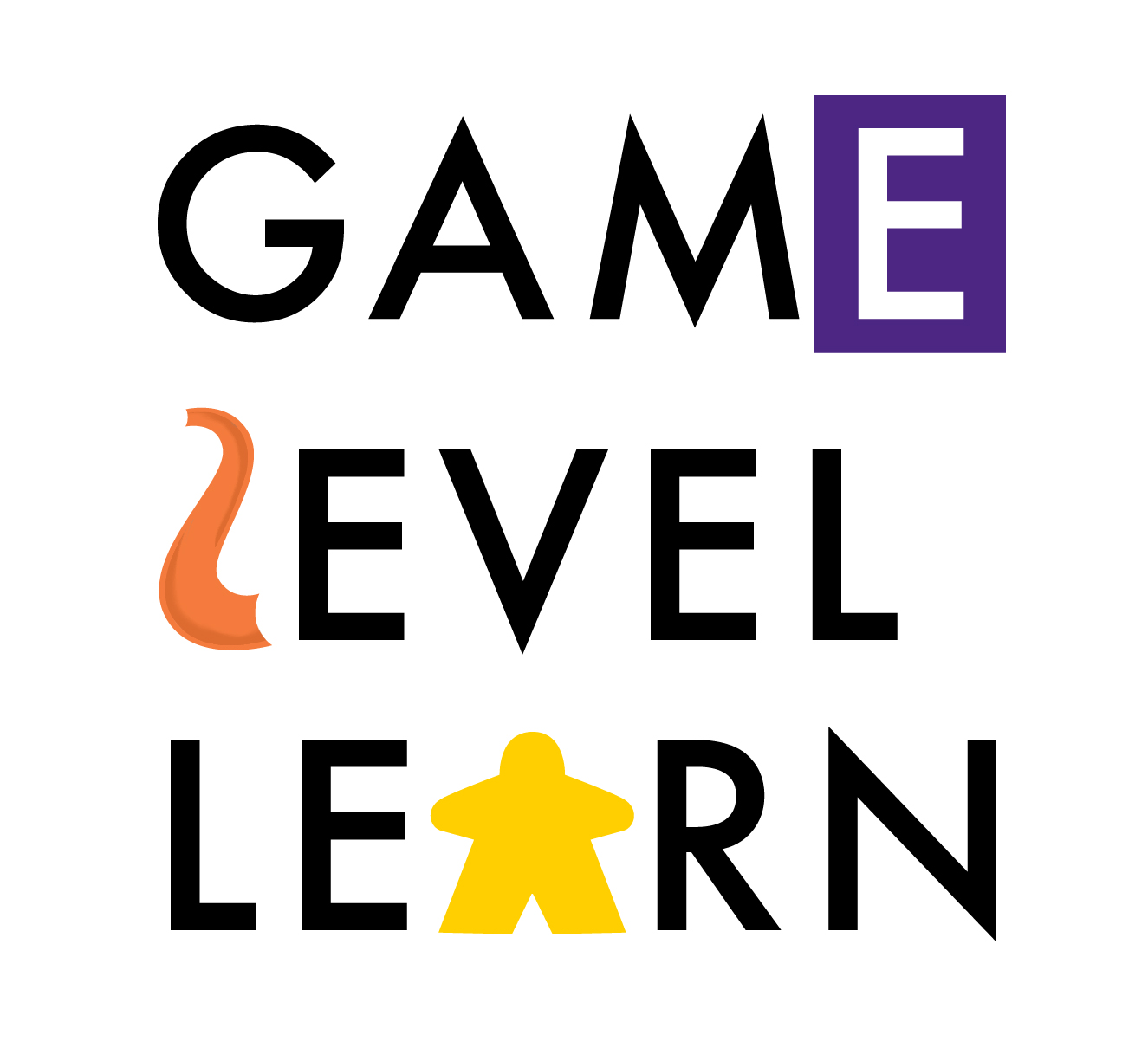51 Mechanics: Cooperative Games
/BoardGameGeek (BGG) is a singular repository of gaming information, knowledge and wisdom that has been serving the modern board game hobby since 2000. I consult it regularly and have used its database to manage my own game collection. I also used it when I was writing my 2016 book on gamified instruction, particularly with regard to the game mechanics that BGG identified and organized content into. While there are more than 85,000 games, even now, there are just 51 mechanics. Since every mechanic offers something to the teacher who wants to use games in the classroom, I'm going to use this section of Game Level Learn and my own contributions to it to assess games from each of these 51 mechanics. Next up?
Another recent addition to the library of game mechanics is cooperative games. In a cooperative, players are playing against the game, and potentially against one player who is a "traitor" or is in some other way trying to defeat the rest of the players. Cooperative games are often repositories for great storytelling game mechanics as well as offering some of the most challenging play experiences in contemporary board gaming. In short, cooperative games are fun and they are hard. The best part of the cooperative gaming scene is that these games offer dozens of different models one might use as an engine to do gamified instruction. And because the players are working together against the game, the players aren't working against each other. This is a highly desirable trait in a classroom setting, as sometimes students don't want to be in conflict with each other.
Arkham Horror The Card Game (BGG Rank: 23)
Perhaps the most accessible of all the Arkham universe games, TCG gives one or two players an opportunity to build decks of cards that they then use to battle Lovecraftian nightmares in the New England countryside and beyond. Like very Arkham universe game, this one is a difficult, tense challenge that can just as easily be won as lost...no that's not fair, it's much easier to lose. But if you do lose, it will always be within an interesting story.
Battlestar Galactica (BGG Rank: 54)
"But I'm not a Cylon!" she says, mindful that no one believes her and, besides, it's not true anyway. There are no games that better capture the tone and spirit of a pre-existing property than Battlestar Galactica. A nearly perfect game that has all of the players working together except a Cylon or two who, until they reveal themselves, are unknown to the rest of the party. Perfect in its tension and an excellent game to learn how to build a complex gamified challenge.
Ghost Stories (BGG Rank: 169)
If you ask veteran cooperative gamers what the hardest or least forgiving game is, and they're bound to settle on Ghost Stories. Ridiculously difficult even at the bunny hill level, Ghost Stories remains one of the most enjoyable cooperative experiences simply because it is so murderously hard. Its commitment to its theme is a great example of how to build great theme into your gameplay experiences.
Thunderbirds (BGG Rank: 813)
Is this one of the best cooperatives? I think yes, even though it isn't in the top 5% of BGG rankings. Thunderbirds is based on the old British supermarionation programs from the 1960s in which a team of brothers (marionette brothers) lead an organization called International Rescue. IR works across the globe and beyond to solve the problems that are just too hard or complex for mere governments to solve. A great program and a great game.
T.I.M.E. Stories (BGG Rank: 38)
One of the most original game designs I've come across in years, in T.I.M.E. Stories, players collaborate to solve a mystery that takes place in the past. Tight management of resources and the correct use of characters is essential to defeat this game. If you are interested in story elements in your cooperative games, this is the place to go.
Cover Image from: [https://boardgamegeek.com/image/3244348/thunderbirds?size=large]


